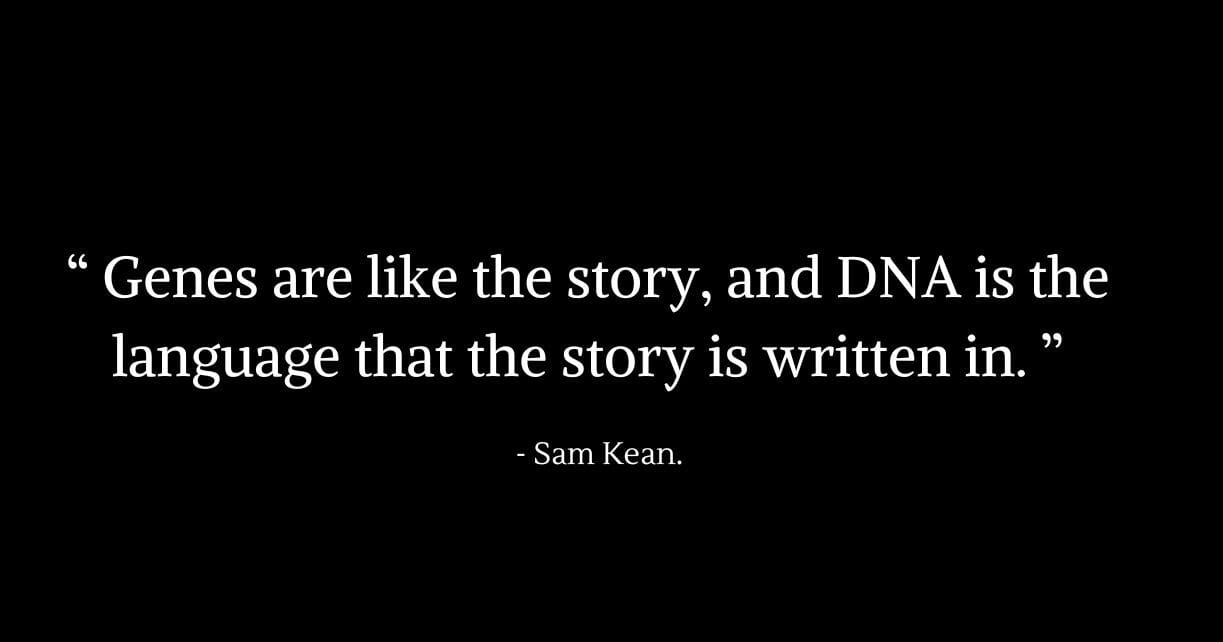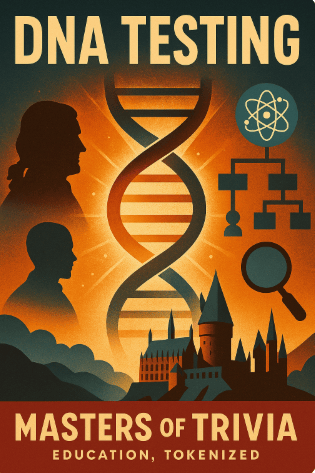- KRONIKL
- Posts
- When DNA Shook U.S. History
When DNA Shook U.S. History
The Science That Rewrote a President’s Legacy
Dear Reader,
It’s Wednesday, November 5, 2025. I am Dom Einhorn, your lead curator, and here are your insights into what makes this day in history relevant today. First time reading? Join our community of intellectually curious readers who explore the history behind every day. [Sign up here]
Spread the word: Share this email with friends (copy URL here).

BROUGHT TO YOU BY…
Throughout history, trivia has always been more than a game.
In ancient Greece, scholars tested each other’s wit in symposiums. In 12th-century Baghdad, thinkers debated questions in bustling libraries. Even in medieval Europe, monarchs used riddles and logic games to assess the sharpness of their advisors.
Today, a new chapter in that centuries-old tradition is being written, one that blends human curiosity with cutting-edge Web3 technology.
We’re proud to announce the launch of the MOT Token on GeckoTerminal, the official utility token of the Masters of Trivia platform. Built on the Solana blockchain and backed by a thriving global community of over 200,000 players, MOT is the first step in transforming trivia into an economic, educational, and social engine for the 21st century.
👉 The Token is now live on DEX (decentralized exchanges): secure them tokens early: See MOT Token »
When DNA Shook U.S. History
👉Marquee Event
On November 5, 1998, the journal Nature published a scientific study that used Y-chromosome DNA testing to examine the long-standing historical controversy surrounding Thomas Jefferson and Sally Hemings, an enslaved woman at Monticello.
The findings? A male in the Jefferson family line—possibly Thomas Jefferson himself—fathered at least one child with Hemings, likely Eston Hemings. While the test could not definitively identify Thomas Jefferson, the genetic evidence strongly supported accounts long dismissed or ignored by historians.
📌 Why This Matters
This was a landmark moment in historical research and public memory. It demonstrated that genetics could challenge centuries-old narratives, especially those sanitized or rewritten for political or racial purposes. The study opened the door to DNA testing as a tool for resolving historical disputes, particularly when traditional records were biased, incomplete, or destroyed.
It also brought bioethics, race, and public history into sharp focus. Who controls historical truth? What happens when science contradicts deeply held beliefs or national myths? And what are the limits of what DNA testing can truly tell us?
🎯 How Much do you Know about DNA Testing?
This event helped spark the commercial DNA testing boom. Just a few years later, companies like 23andMe and AncestryDNA would popularize consumer genetic testing, offering people around the world the chance to explore their ancestry, health predispositions, and even long-lost family connections.
But there’s a twist: while DNA can reveal shared genes, it doesn’t always reveal context. Questions of consent, identity, and historical accountability remain, and no test can explain the full human story behind a strand of DNA.
👉 Play our DNA testing quiz now.
Quote of the Day


Why KRONIKL? Inspired by the timeless concept of chronicles, KRONIKL is dedicated to bringing you the most intriguing, thought-provoking stories from this date. Culture, science, politics, and more — all condensed for a quick, insightful read that connects your present with our past.
*Disclosure: Masters of Trivia is a quiz platform founded by Dom Einhorn and owned by Intelligent Games LLC—the same company that brings you the KRONIKL newsletter.


Reply